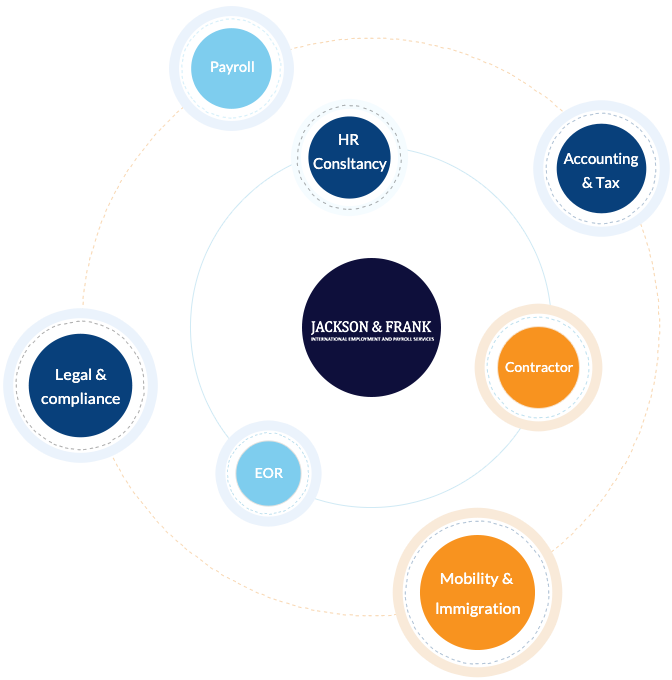荷兰招聘
在本地或远程招聘之前,了解荷兰劳动法、成本和合规要素。
了解更多
如何通过签证担保在欧洲找到工作
探索签证选择、雇主期望和提示,以提高您在欧洲获得赞助工作的机会。
了解更多
荷兰有一个监管良好的劳动力市场,非常重视工人保护、工资合规和雇主义务。雇主必须遵守严格的劳动法,包括强制性雇佣合同、社会保障缴款和持有工资税。荷兰劳动力市场高度国际化,对雇佣外国员工有明确的规定,并为外籍人士提供特殊的税收优惠。本指南对在荷兰经营的企业的就业法规、工资税和合规要求进行了全面的细分。
育儿假:有8岁以下子女的员工可以享受9周带薪假(工资的70%)以及额外的17周无薪假。
雇主义务:
| 缴款类型 | 雇主缴款率 (%) | 雇员缴款率 (%) |
|---|---|---|
| 一般养老金 (AOW) | 0% | 17.9% |
| 《遗属法》(ANW) | 0% | 0.1% |
| 长期护理(WLZ) | 0% | 9.65% |
| 失业保险 (WW) | 2.64% - 7.64%(因合同类型而异) | 0% |
| 残疾保险 (WIA/AO) | 7.11% | 0% |
| 健康保险雇主缴款 (ZVW) | 6.57% | 0% |
| 养老基金(如果适用) | 各不相同 | 各不相同 |
| 收入范围(欧元) | 税率(%) |
|---|---|
| 最高 38,411 欧元 | 35.82% |
| 38,411 欧元至 76,816 欧元 | 37.48% |
| 76,816 欧元以上 | 49.50% |
社会保障和员工福利
员工常见问题解答
如何查询我的预扣税款?]
员工可以在工资单上查看扣除额,并使用荷兰税务局的在线门户网站进行纳税申报。
和我们分享您的雇佣需求,并获得定制化的方案。

